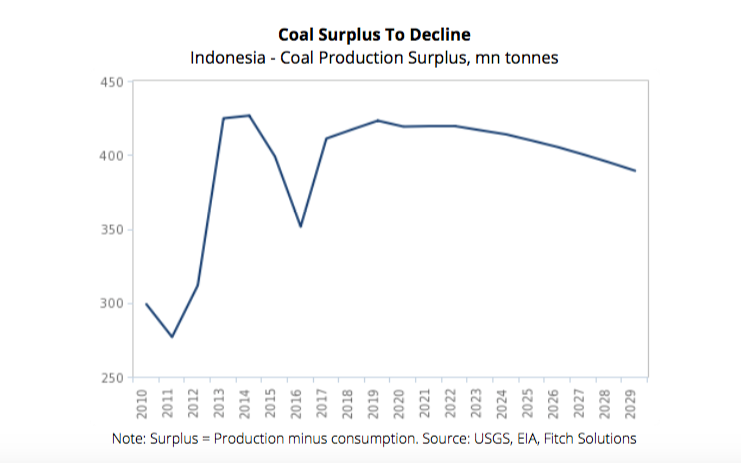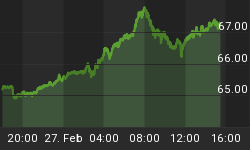Government policy in Indonesia will remain focused on moving the mineral industry up the value chain in the coming years, and the mining industry will increasingly lose dominance as a driver of Indonesia’s mineral exports, according to Fitch Solutions‘ latest report.
There will be increasing restrictions on the export of unprocessed mineral ores and while exports of unprocessed minerals will stagnate, shipments of refined metals will grow strongly, Fitch forecasts.
“A combination of policies ranging from investment incentives for metal refiners to outright bans on the export of unprocessed ores will be implemented in order to direct investment into higher value-added mineral activities and away from exporting raw minerals.”
Coal exports to shrink
The mining industry will lose prominence as a driver of Indonesia’s commodity exports in the coming decade, Fitch predicts.
Mining products accounted for 13.1% of total merchandise exports in 2019 and coal made up over 90% of this trade. Coal exports will weaken due to a shrinking domestic surplus and weaker external demand, analysts say. On the domestic front, aggressive expansion of coal-fired electricity generation will consume a rising proportion of the country’s coal production.
Fitch’s Key Project Database indicates that coal power projects make up more than 60% of power projects in the pipeline, at more than 21GW.

Unprocessed metal exports on borrowed time
Restrictions on the export of unprocessed mineral ores will increase over the coming years, analysts forecast. The nickel sector is most advanced on this road, as in January 2020 the government implemented a ban on exports of unprocessed nickel ore in a resumption of the moratorium that had initially been implemented in 2014, only to be later relaxed in 2017.
Following Indonesia’s announcement to bring forward the nickel ore export ban, Fitch revised its forecasts for the country’s nickel ore production. Analysts now expect nickel ore production to decline by 60% in 2020 and to remain only two- thirds of 2019 levels by 2029. Related: Are Gold Stocks Still Undervalued?
Other mining segments including bauxite, copper and tin are likely to eventually also face greater restrictions on exports of unprocessed ores. Indonesian bauxite miners are currently only permitted to export if they are in the process of building processing plants.
ANALYSTS NOW EXPECT NICKEL ORE PRODUCTION TO DECLINE BY 60% IN 2020 AND TO REMAIN ONLY TWO- THIRDS OF 2019 LEVELS BY 2029
In May 2019, the Ministry of Energy and Mineral Resources temporarily revoked the export permits of five mining companies after they failed to show any progress in developing smelters. Restrictions on bauxite exports are likely to be tightened in the coming years as domestic refining capacity increases, Fitch predicts.
While exports of unprocessed minerals will stagnate, Fitch says, shipments of refined metals will grow strongly in the coming years. The government’s policy of encouraging local processing has already had a substantial impact, with exports of refined metals growing at an annual average rate of 9.2% over the five years to 2019, rising from $9.3 billion to $13.4 billion.
Exports of steel, nickel and ferro-nickel products such as nickel pig iron will dominate export growth in the next five years, Fitch predicts.
Iron and steel exports rose more than five-fold to $7.4 billion in 2019, accounting for around 80% of all refined metal exports. Almost half of these iron and steel products were sent to China in 2019 and Fitch expects that China will remain a key growth driver of Indonesia’s processed metal exports.
By Mining.com
More Top Reads From Safehaven.com:
















